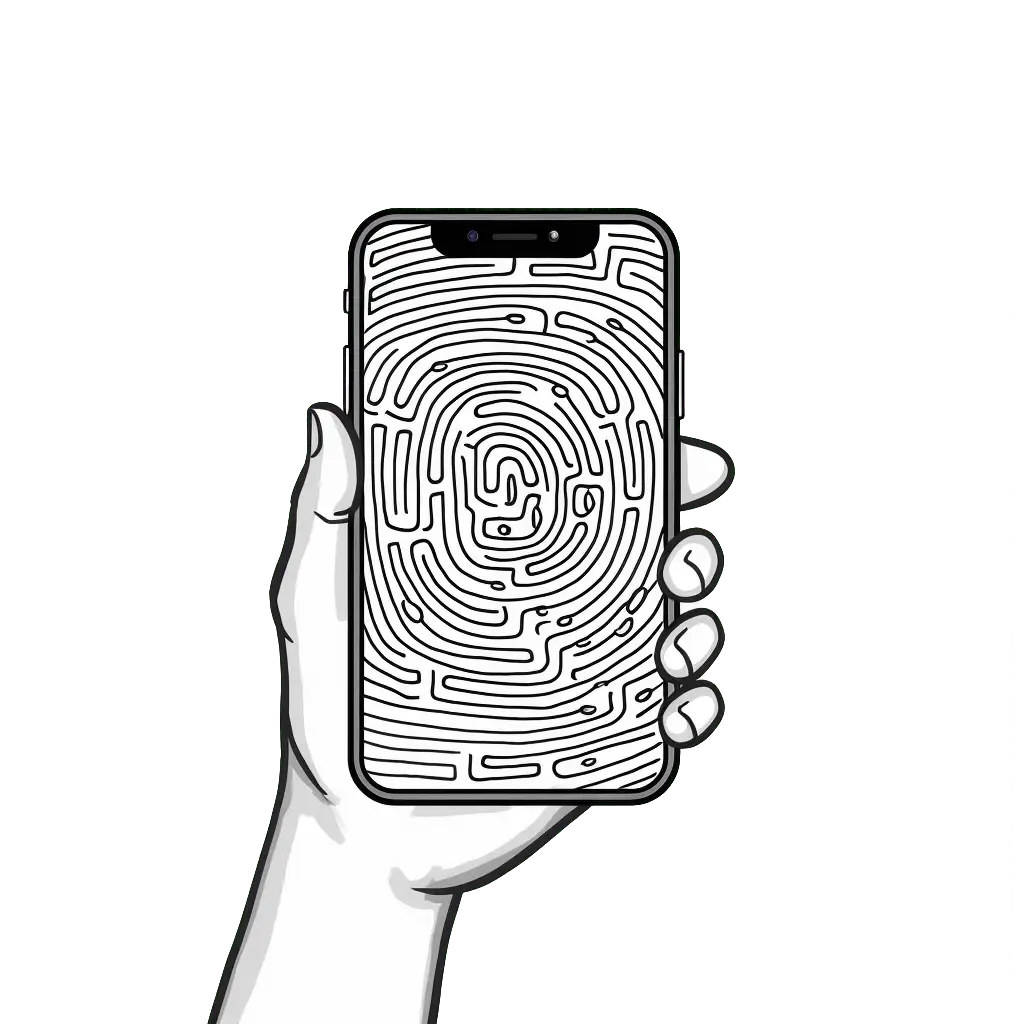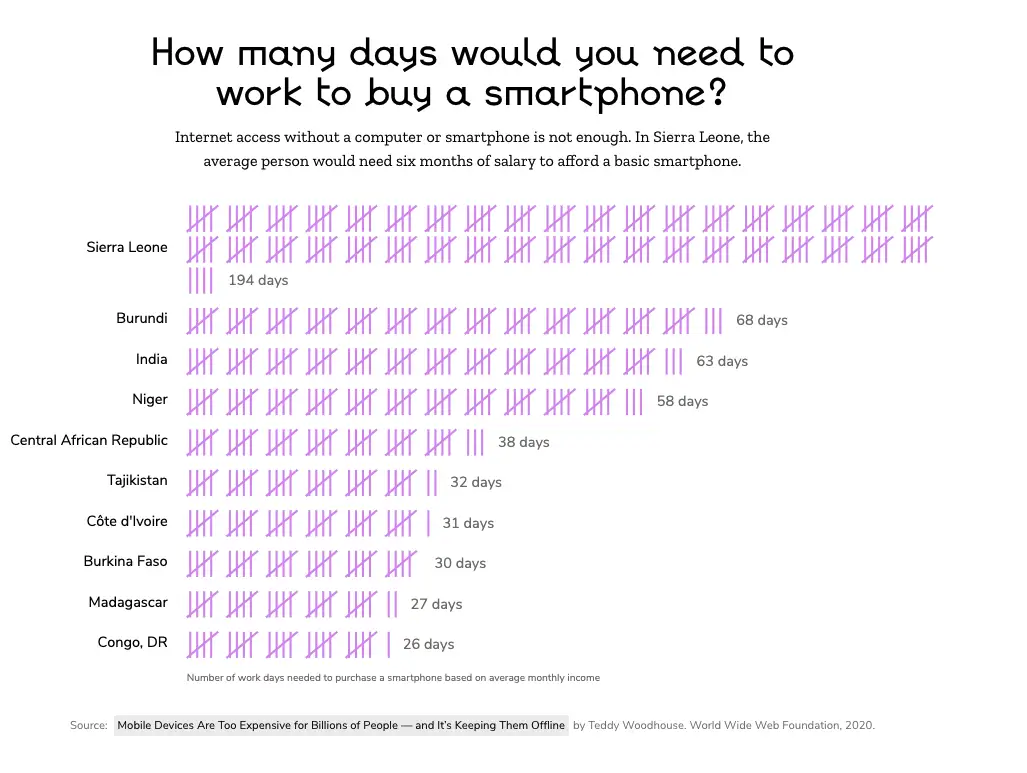On so many levels: The digital divide is here to stay

As I reflect on my earliest interactions with the Internet in the 1990s, the screeching sound of a modem dialing up to establish a connection resonates vividly.
These sessions were sporadic, more constrained by my limited budget than by a constant need. Although many now view the right to Internet access as a fundamental digital human right, it is yet to achieve universal recognition.
Currently, approximately 3 billion people worldwide remain offline, with about half lacking access altogether and 440 million residing beyond any Internet connectivity range. Solutions like the satellite Starlink, which promised much, seem to have fallen short, as their focus appears to be on a well-paying customer base rather than universal reach. Yet, over the past five years, an average of 640,000 people have been coming online for the first time each day.
Socio-economic Factors
Moreover, social exclusion poses an equally formidable barrier. Across all countries, certain societal groups find themselves unable to access the Internet due to circumstances or lack of interest. A survey I discovered from the Khyber Pakhtunkhwa province in Pakistan revealed that 50% of locals do not believe they need the Internet. Societal norms often restrict women's mobile phone usage, and geographical challenges leave many rural areas without a mobile network.
Similarly, in economically disadvantaged households worldwide, digital devices are often shared commodities, limiting individual freedom to explore the online world. This is mirrored in Western countries, where the older generation remains primarily offline - a challenge often overlooked.
However, focusing solely on access overlooks the significant economic hurdles that persist. High prices for computers, smartphones, and data rates present formidable obstacles. In impoverished households, laptops are luxuries, while standard smartphones can cost many months' salaries. Even more affordable options could still equate to a month's wages, as illustrated in the Mozilla Foundation World Internet Health Report.

The question extends to the affordability of Internet usage. On average, 1GB of data costs around 11 USD globally, but prices significantly vary, ranging from 0.50 USD to 64 USD. This disparity can make stable connections a challenge. Broadband connections, for instance, can easily become congested with competing traffic, negatively impacting the overall user experience.
In some countries, users benefit from zero-rated deals that offer almost unlimited text access to platforms like Facebook or Whatsapp. However, such walled gardens restrict the freedom of information choice.
The challenges persist even for those who manage to get online. How can you pay for an online certificate, a critical credential, without a credit card when services like PayPal are unavailable? Many e-commerce platforms might not deliver to your location. Despite promises like Alibaba's claim of global delivery within 72 hours by 2021, shipping to many locations remains difficult and expensive. However, promising developments are emerging, such as the growth of e-commerce firms like Mercadolibre or Jumia and the transport boom in Africa.
Digital Literacy
To fully benefit from Internet use, digital literacy is paramount. From basic phone usage to more complex tasks, digital literacy remains a critical requirement - a challenge given that in 30 countries, over 30% of the population is illiterate. Innovative solutions are emerging, such as voice assistants enabling communication despite literacy barriers, but that does not enable the use of more complex digital tools.
The proliferation of instant messengers has made it easier for many to interact and collaborate online. However, mastering a range of digital tools for work, socializing, and leisure requires practice and support. Ensuring personal digital security requires years of experience and constant learning, especially given the weak Internet user protection regulations in many countries and the prevalence of exploitative services.
True digital emancipation as a digital citizen requires the ability to create digital goods and spaces, which often necessitates fluency in English or programming skills. With 3 billion people still offline and many others lacking the wide spectrum of digital competencies and financial means to effectively use the Internet, the digital divide is far from over. It will persist in various forms throughout the digital transformation.